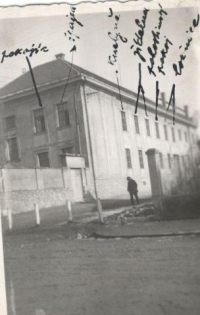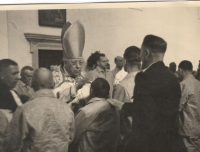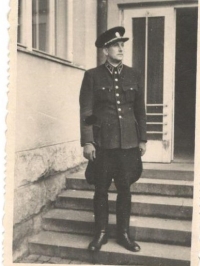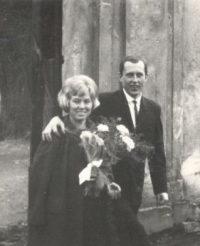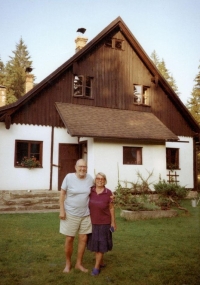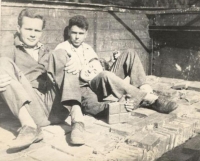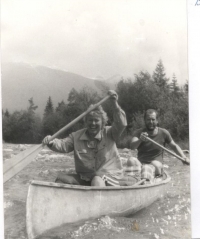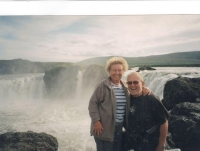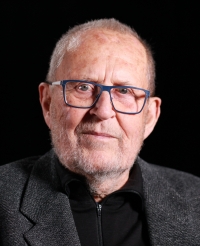Our father showed us the right place to stand in our lives

Download image
Jan Prüher was born on 23 June 1933 in Leopoldov, Slovakia. His father, Václav Prüher, had been serving in the correctional service and later he became the director of the Valdice Prison in Valdice near the town of Jičín. On 25 February his father had been relieved of his duty, his certificate of reliability had been revoked and both he and his family had been interned in České Budějovice. After graduating from seventh grade of a gymnasium type secondary school in České Budějovice, he had been included in the “Action 77” and sent to work at a lignite coal mine in the Sokolov Region. After coming back he decided to study construction, becoming a roof tiler and leading his own crew after time. He finished his secondary school education at a Secondary School of Civil Engineering in České Budějovice. After 1989, he got into business, starting his own construction company. In 2019, when the interview had been taken, he had been living in České Budějovice.
